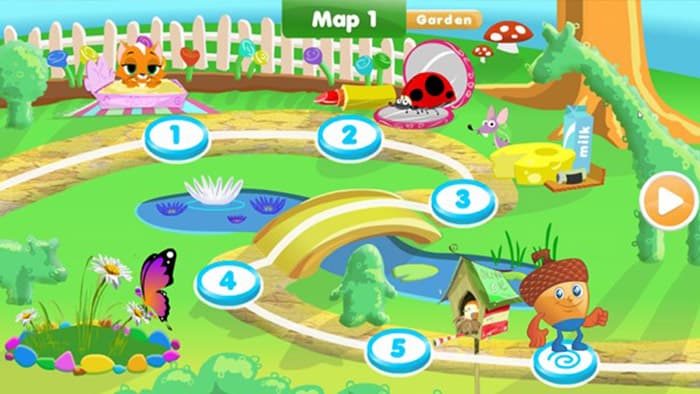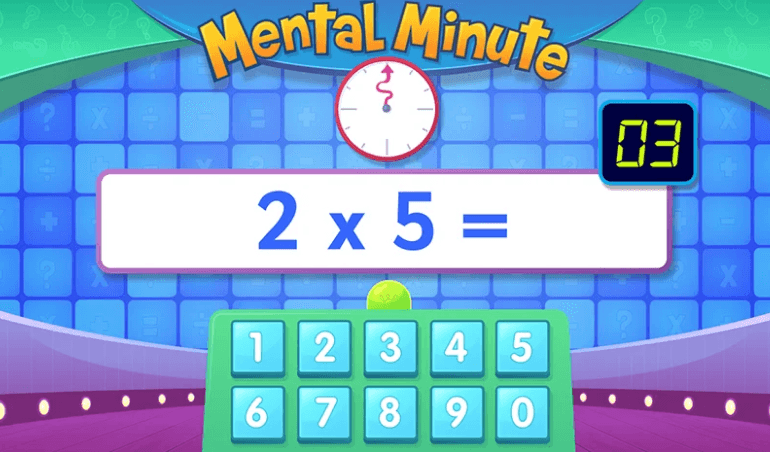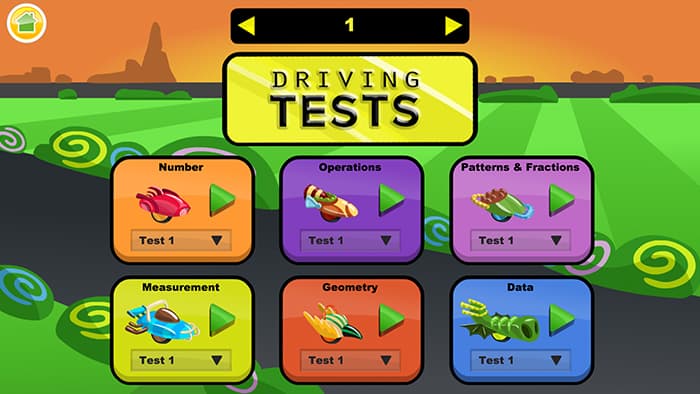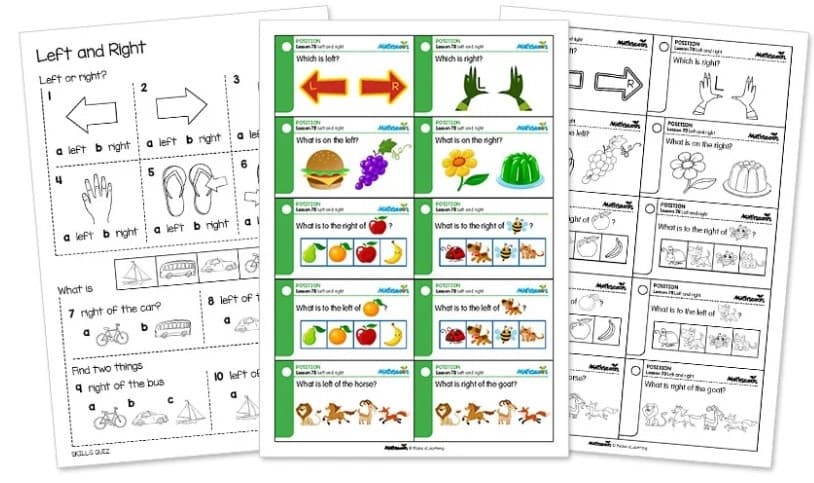


From Counting Sheep to Speedy Sums: Making Math Fluency Fun & Meaningful

Did you know early numeracy abilities are a powerful predictor of academic success[i]?
Mastering core number skills lays the foundation for math fluency, a skill set that empowers students to navigate the world of numbers with confidence and ease.
Yet, traditional methods of teaching these skills can sometimes feel like counting sheep – repetitive and, well, a little dull.
Here, we'll explore the importance of core number skills and fluency, examine the challenges posed by conventional teaching methods, and discover strategies – and a program – that transform math learning into an engaging and empowering experience.
Why core number skills and math fluency matter
Beyond mental recall, true math fluency involves a deeper understanding.
It's more than just reciting times tables; it's about applying those skills to solve problems quickly and accurately in different situations, like calculating ingredients for a delicious recipe or figuring out how much allowance you need to buy that new book.
Without a solid foundation in core number skills, students inevitably hit roadblocks as they progress to more complex maths concepts that rely heavily on fluency.
Overcoming engagement hurdles: Making math fun for young learners
For educators, the dual challenge lies in developing these critical skills while keeping students motivated.
Traditional drill-based approaches often fail to capture young students' wandering attentions.
Rote worksheets and repetitive drills, while having their place, can quickly lead to disengagement when delivered in excess.
And when students check out, effective learning grinds to a halt.
By getting creative and acknowledging where conventional approaches fall short, we can reimagine how to kindle curiosity while instilling essential building blocks for math fluency.

How Mathseeds nurtures core number skills and math fluency
Mathseeds tackles the engagement challenge head on with an online math program purposefully designed to capture the imagination of early learners.
Rather than repetitive drills, it unlocks the power of exploration and discovery through exciting lessons, games and rewards.
While the Mathseeds' program is sequential and age-appropriate, ensuring a robust foundation in numeracy, it's the engaging activities that truly set it apart.
Here's a peek inside:
Captivating lessons: Core number skills are imparted through a motivating cycle of instruction and guided practice. Each self-paced lesson begins with a child-friendly animation that models the skills to be learned, followed by interactive activities with instant feedback. As students progress, virtual prizes are unlocked – from coveted golden acorns to adorable hatching pets. New concepts build upon prior learning, culminating in a Skills Quiz for students to demonstrate their mastery.

Mental Minute: This dynamic tool ignites fluency with 60-second bursts of practice – 145 sequenced ‘sprints’ – that integrate new facts with existing ones, boosting recall and mastery. Beyond mere drills, Mental Minute taps into students' competitive spirit, with achievement badges fueling their motivation to improve.

Driving Tests: More than just assessments, these rewarding tests inspire perseverance. Acing a test unlocks an exciting 60-second game! Leaderboards add another layer of fun, allowing students to track their achievements against classmates, motivating them to climb the ranks. Teachers also gain visibility into student progress to pinpoint learning gaps for targeted support.

Printables Library: This treasure trove of engaging worksheets, posters and open-ended problems equips students for success. Teachers can filter by grade and topic to find the perfect printables, unlocking a world of strategies: acting out scenarios, drawing visuals, writing equations, using tables and applying mental math skills.

Boost math fluency with a FREE 30-day trial!
Empower every student to master early numeracy with exciting lessons, games and rewards! Mathseeds keeps learners engaged and celebrates their successes, paving the way for the confidence and joy that come with math fluency. Start your free trial today!
[i] Tutrang Nguyen, Tyler W. Watts, Greg J. Duncan, Douglas H. Clements, Julie S. Sarama, Christopher Wolfe, Mary Elaine Spitler, Which preschool mathematics competencies are most predictive of fifth grade achievement?, Early Childhood Research Quarterly, Volume 36, 2016, Pages 550-560.


